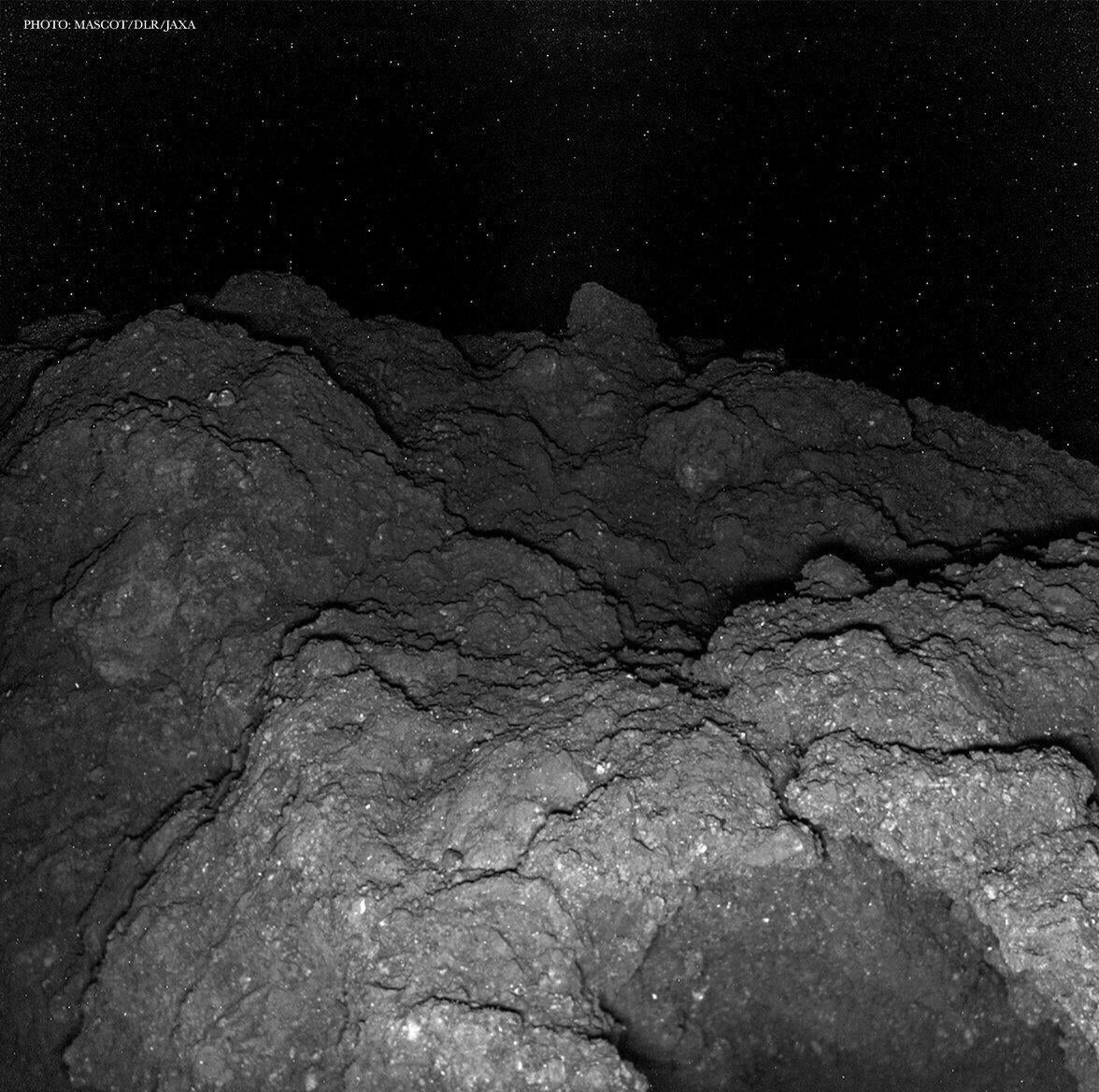this post was submitted on 14 Aug 2023
176 points (98.9% liked)
BeWowed
698 readers
1 users here now
A friendly place for people to share exceptionals videos and images that will leave other users ~~speechless~~ wowed!
Community Rules:
- No hate, be respectful
- No spam
- No self-promotion
- No Illegal Content
- No Porn/Sexually Explicit Content
founded 1 year ago
MODERATORS
you are viewing a single comment's thread
view the rest of the comments
view the rest of the comments

I wouldn't be so sure about that. There's organisms that can survive in space for a very long time, and the probe & lander probably brought some there. Desinfecting space crafts never kills 100% of the microbial life. Also, Ryugu is an asteroid, not a comet - typically formed by collisions of larger bodies. And where there is rock, there was once heat - and if there was water, too, microbes MAY have formed. It's unlikely that any organism hibernates for millions of years, but not impossible: https://nerdist.com/article/830-million-year-old-microorganisms-could-still-be-alive/
On this, you are very likely wrong. Unless you count stars & empty space. Chances are that most planets with geological activity have the potential for primitive life forms, and hopefully, the jupiter icy moons explorer and followup missions will give us an idea about extraterrestrial life even within our own solar system.